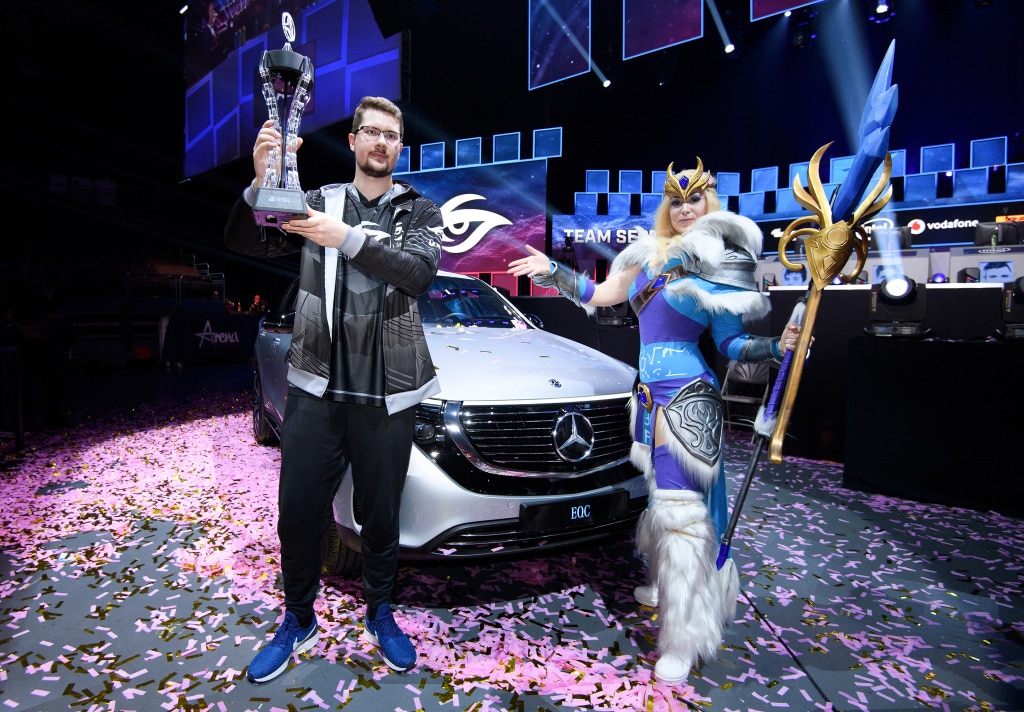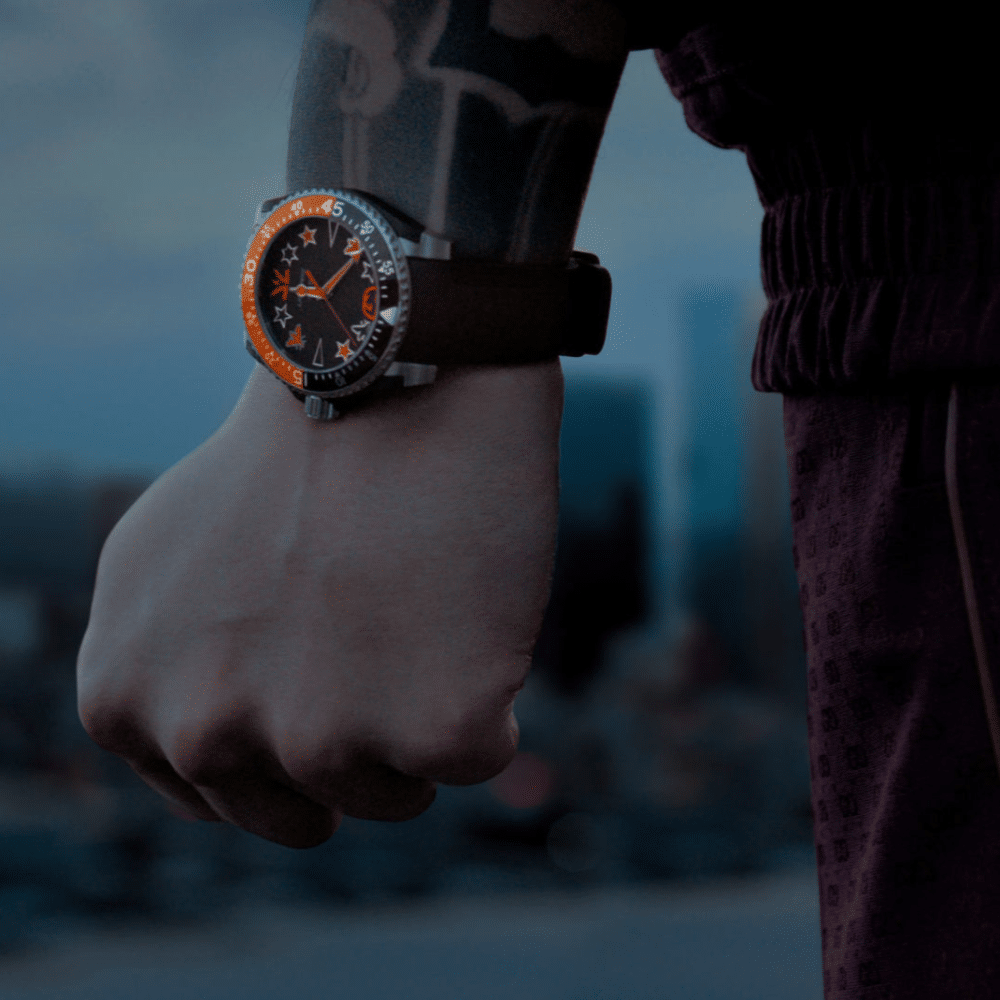As the e-sport phenomenon increasingly affects 15-35-year-olds, many brands decide to sponsor these video game competitions that manage to fill entire stadiums in Asia. Is it time for luxury watchmaking, once reluctant, to get involved as well?
After filling Shanghai’s Pudong Stadium and attracting 40,000 fans to Beijing’s National Stadium, known as the “Bird’s Nest“, it’s not too early to say that e-sport competitions have taken hold of Asia‘s youth.
The figures also show: In 2019, the video game industry has accumulated 120 billion dollars, surpassing the film and music industry, including three billion for e-sport alone. Amateur e-sport gamers come from the CSP+ categories at 54%, compared to 34% for mainstream gamers. And the phenomenon is also affecting the Old Continent with 7.3 million French people declaring to have followed e-sport in 2019.

Among the biggest luxury brands, many decide to support an e-sport team or tournament in front of the popularity of this phenomenon. These video game tournaments are very popular in Asia, and big names like Mercedes, Louis Vuitton, or even BMW no longer hesitate to join them.
The Italian luxury house Gucci has also entered into a partnership with the famous British e-sport club, FNATIC, which has already signed partnerships with the sportswear brand Champion or with the manufacturer BMW. A limited-edition Gucci Dive watch inspired by FNATIC‘s League of Legends team was launched.
Voir cette publication sur Instagram
However, in the face of the success of e-sport, which is spreading to young people around the world, particularly in Asia, one of the world’s most flourishing markets, the luxury watchmaking sector remains reticent. During the International Watch Marketing Days, the question of a potential association between e-sport and watchmaking came back on the table.
“There is a multitude of perspectives and opportunities for a wide variety of brands, whatever their price or positioning,” commented their president, Laetitia Vifian Benoit. “E-sport can address all marketing budgets and strategies”.
“Generation Z is seen as unreachable by traditional advertising, but they are looking at e-sport,” explains Road House founder Charlie Allen. “These competitions are followed by a large and increasingly female population aged 15-45, with above-average incomes and a love of luxury goods,” he said.
The Asian market is a key market for luxury watches, and the rapid development of e–sport competitions, with games such as League of Legends and CS:GO strongly represented in China.
“Some brands don’t want to be associated with games where you have to eliminate your opponent, but they are much less hesitant about appearing in violent films like James Bond,” says specialist Charlie Allen. “It’s only a matter of time before the watchmaking industry becomes interested in e-sport!”
So it would be relevant for the watch industry to follow in the footsteps of other major luxury houses by adapting their communication strategy to include e-sport competitions so that it can best reach Generation Z and Asia.
“We are seeing fewer watch advertisements on the streets or in airports, but more on the web or social networks,” adds David Sadigh, CEO of the marketing consultancy agency DLG. “E-sport represents an opportunity to reach an audience that follows hours of competition, particularly in Asia, where few brands are still present.”
Read also > SWISS WATCH EXPORTS DOWN 11% IN 2020
Featured photo : © Gucci x FNATIC









